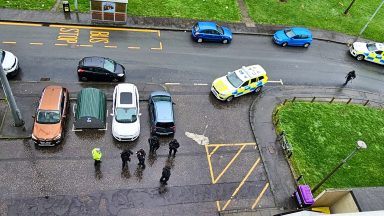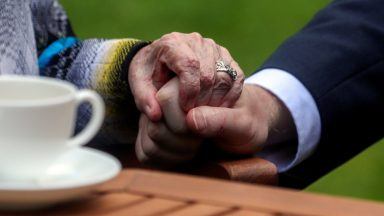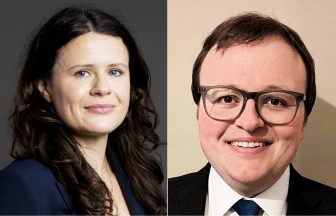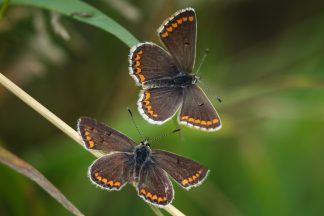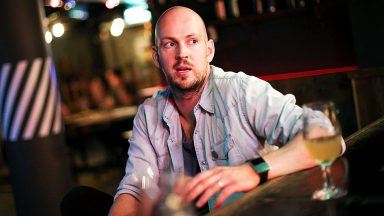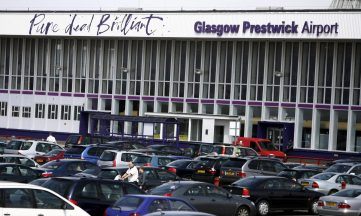Problematic social media use among young people in Scotland is on the rise, according to new data from the World Health Organisation.
The findings come from the Health Behaviour in School-aged Children (HBSC) study, which surveyed almost 280,000 young people aged 11, 13, and 15 across 44 countries and regions in Europe, Central Asia and Canada in 2022.
The report shows Scotland saw a notable increase in problematic social media use among 13-year-old girls, rising from 11% in 2018 to 22% in 2022 – an increase which is nearly double the report’s average for this group.
In addition, Scottish 13-year-old boys reported one of the highest rates of daily gaming (60%) across all countries surveyed and, at ages 13 and 15, Scotland shows slightly higher rates of intense social media use compared to England and Wales, particularly among girls.
Other key findings in Scotland include:
• Higher prevalence of continuous online contact: Scottish 15-year-old girls reported higher rates of continuous online contact (50%) than the HBSC average (37%).
• Gender disparities in problematic social media use: The gap between boys and girls in problematic social media use is particularly pronounced in Scotland. For example, among 15-year-olds, 19% of girls reported problematic use compared to 9% of boys.
The findings raise concerns about the impact of digital technology on the mental health and well-being of Europe’s youth.
Lead author of the HSBC study in Scotland Dr Jo Inchley, from the University of Glasgow’s School of Health & Wellbeing, said: “These latest findings from our HBSC report provide an updated picture of young people’s social media use and gaming habits across Scotland in comparison to other countries across Europe and North America.
“While there are undoubtedly areas of concern, the report helps us to better understand the habits of our young people so we can better support healthy online behaviours.”
The HBSC study, of which Scotland is part, is a cross-national research project conducted in collaboration with the WHO Regional Office for Europe. It collects self-report data on the health behaviours, well-being and social environments of adolescents aged 11, 13, and 15.
The Scottish study is based at the MRC/CSO Social and Public Health Sciences Unit (SPSHU), University of Glasgow.
Dr Hans Henri P. Kluge, WHO Regional Director for Europe, said: “It’s clear that social media can have both positive and negative consequences on the health and wellbeing of adolescents.
“That’s why digital literacy education is so important. Yet it remains inadequate in many countries, and where it is available, it often fails to keep pace with young people and rapidly evolving technology.
“We are seeing the consequences of this gap, with worse likely to come, unless governments, health authorities, teachers and parents recognise the root causes of the current situation and take steps to rectify it.
“As millions of children across the Region return to school after the summer holidays, some countries are considering restrictions or outright bans on social media for children up to a certain age.
“It’s clear we need immediate and sustained action to help adolescents turn the tide on potentially damaging social media use, which has been shown to lead to depression, bullying, anxiety, and poor academic performance.”
The full WHO report is available for download at https://iris.who.int/handle/10665/378982
Follow STV News on WhatsApp
Scan the QR code on your mobile device for all the latest news from around the country


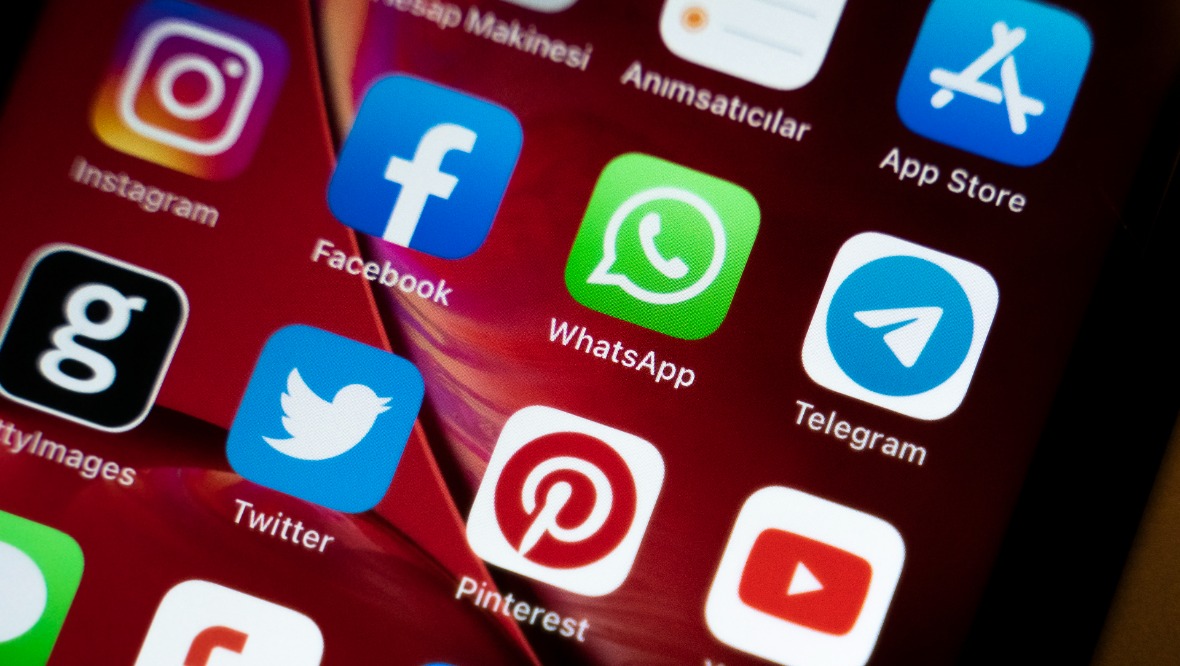 iStock
iStock






